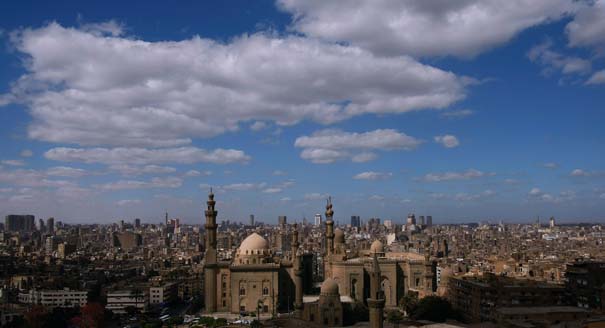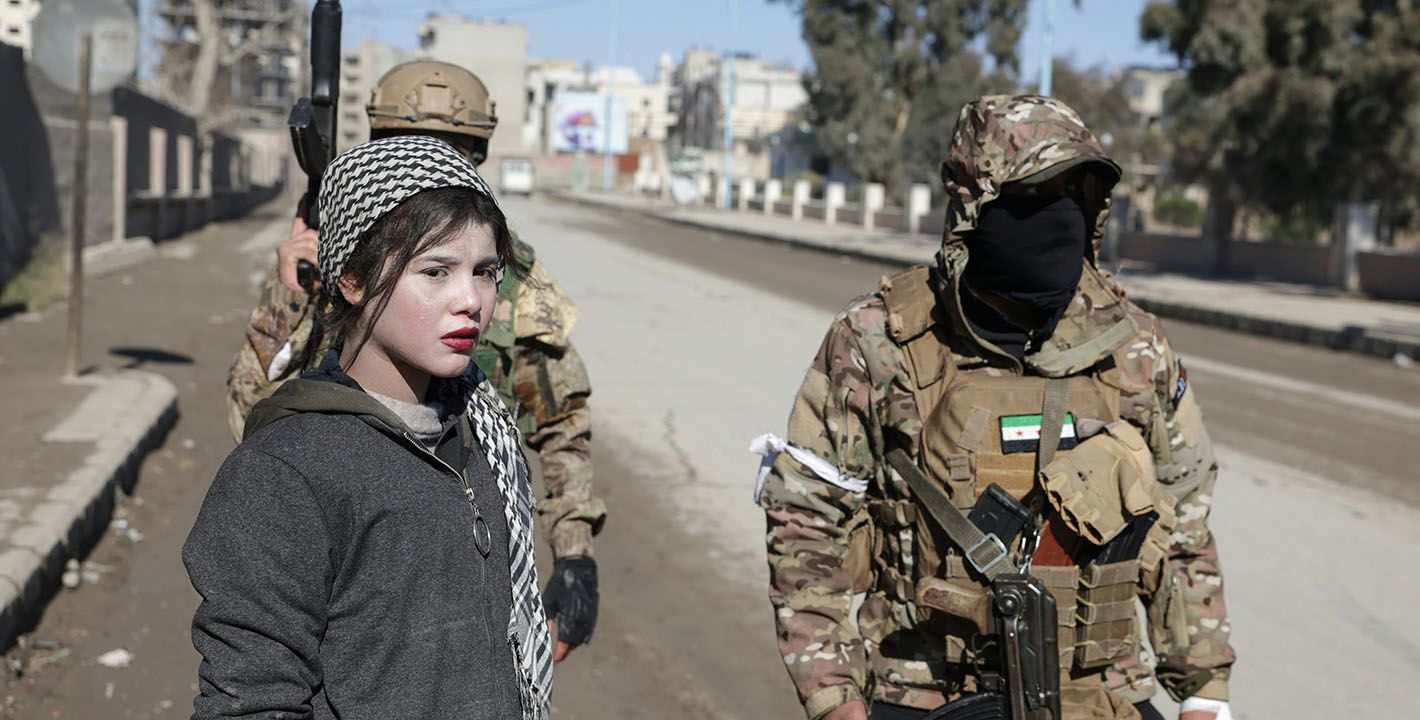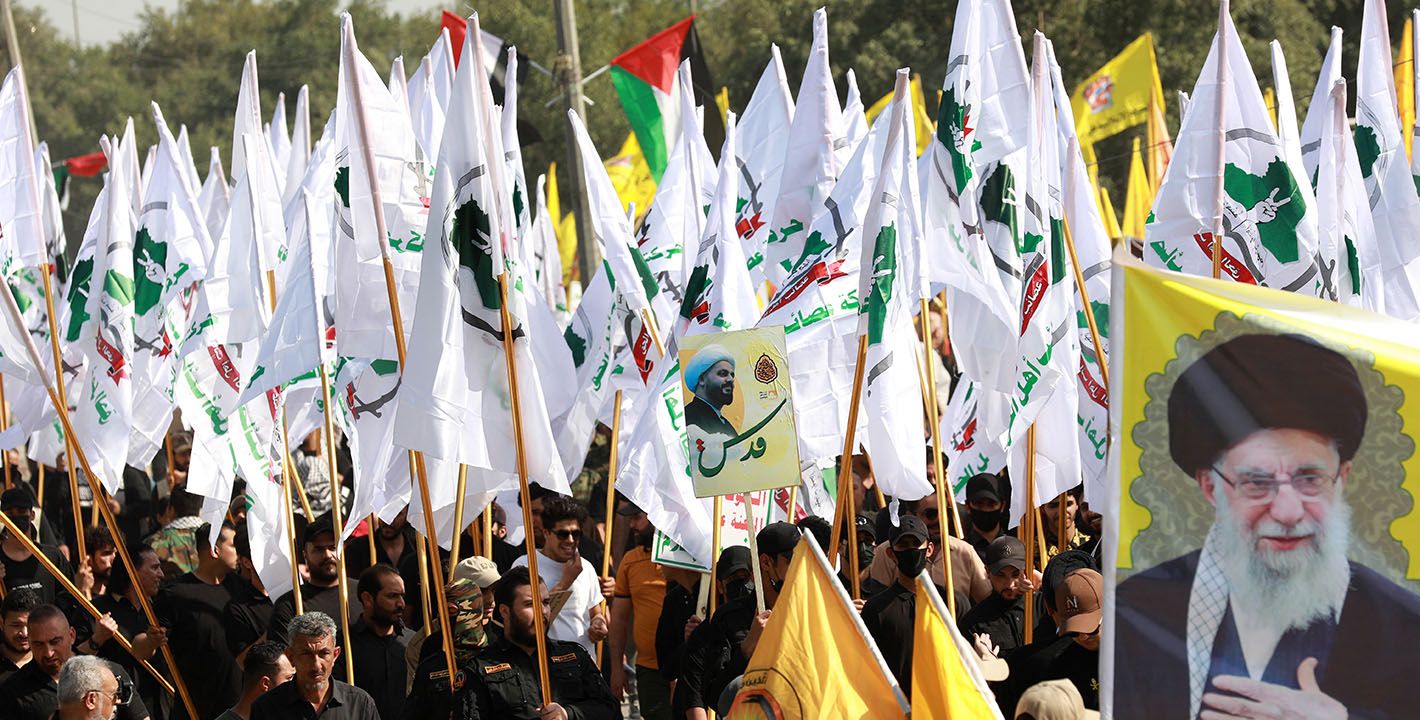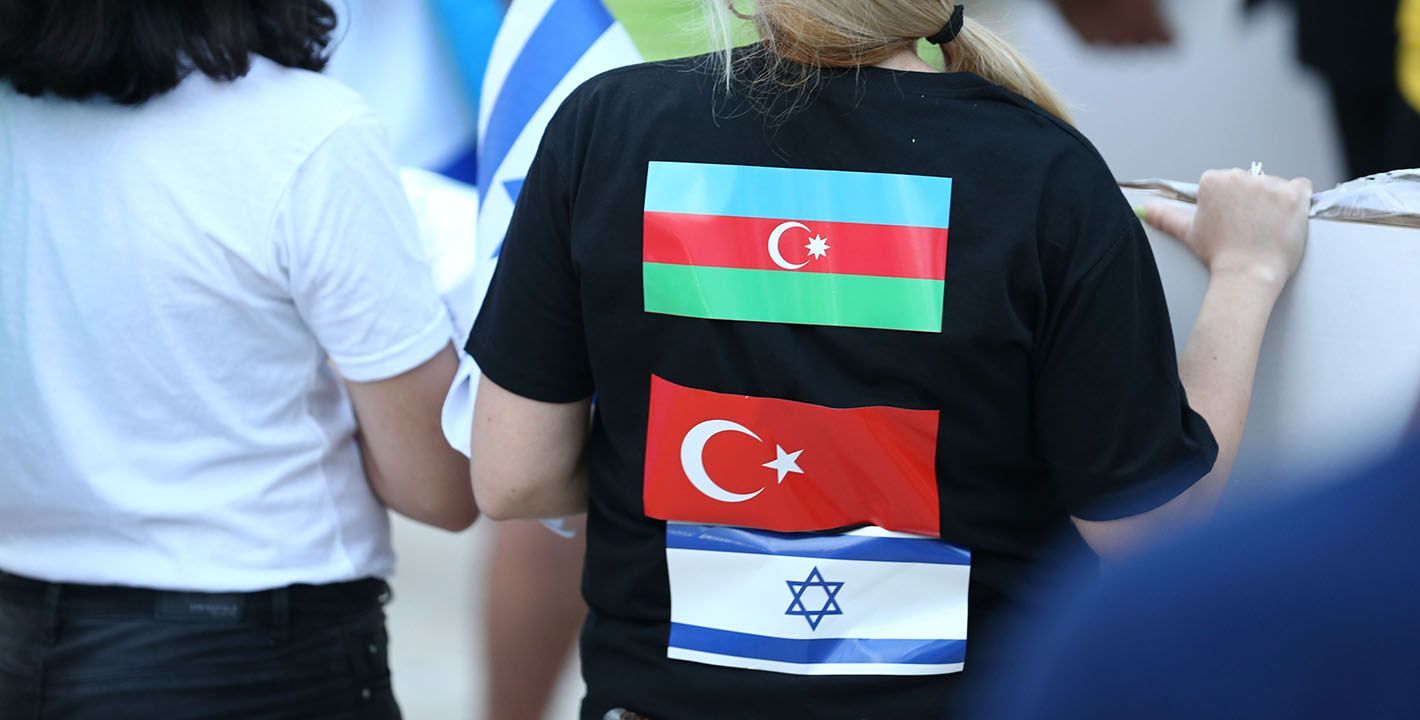Paul Salem
{
"authors": [
"Paul Salem"
],
"type": "legacyinthemedia",
"centerAffiliationAll": "",
"centers": [
"Carnegie Endowment for International Peace",
"Malcolm H. Kerr Carnegie Middle East Center"
],
"collections": [],
"englishNewsletterAll": "",
"nonEnglishNewsletterAll": "",
"primaryCenter": "Malcolm H. Kerr Carnegie Middle East Center",
"programAffiliation": "",
"programs": [],
"projects": [],
"regions": [
"Egypt",
"Levant"
],
"topics": []
}
Source: Getty
Turkey-Egypt Relations
While areas of cooperation between Egypt and Turkey are numerous, Egypt has not entirely reconciled itself to Ankara’s larger ambitions in the Middle East.
Source: World Politics Review

How would you characterize Turkish-Egyptian relations historically?
Has that changed recently? If so, how?
What are the potential issues for increased cooperation and/or conflict between the two?
About the Author

Senior Fellow at the Middle East Institute
Paul Salem is a senior fellow at the Middle East Institute.
- Iraq’s Tangled Foreign Interests and RelationsPaper
- Bracing for Impact in SyriaArticle
Paul Salem
Recent Work
More Work from Carnegie Endowment for International Peace
- Axis of Resistance or Suicide?Commentary
As Iran defends its interests in the region and its regime’s survival, it may push Hezbollah into the abyss.
Michael Young
- Kurdish Nationalism Rears its Head in SyriaCommentary
A recent offensive by Damascus and the Kurds’ abandonment by Arab allies have left a sense of betrayal.
Wladimir van Wilgenburg
- All Eyes on Southern SyriaCommentary
The government’s gains in the northwest will have an echo nationally, but will they alter Israeli calculations?
Armenak Tokmajyan
- The Hezbollah Disarmament Debate Hits IraqCommentary
Beirut and Baghdad are both watching how the other seeks to give the state a monopoly of weapons.
Hasan Hamra
- Iran’s Woes Aren’t Only DomesticCommentary
The country’s leadership is increasingly uneasy about multiple challenges from the Levant to the South Caucasus.
Armenak Tokmajyan






